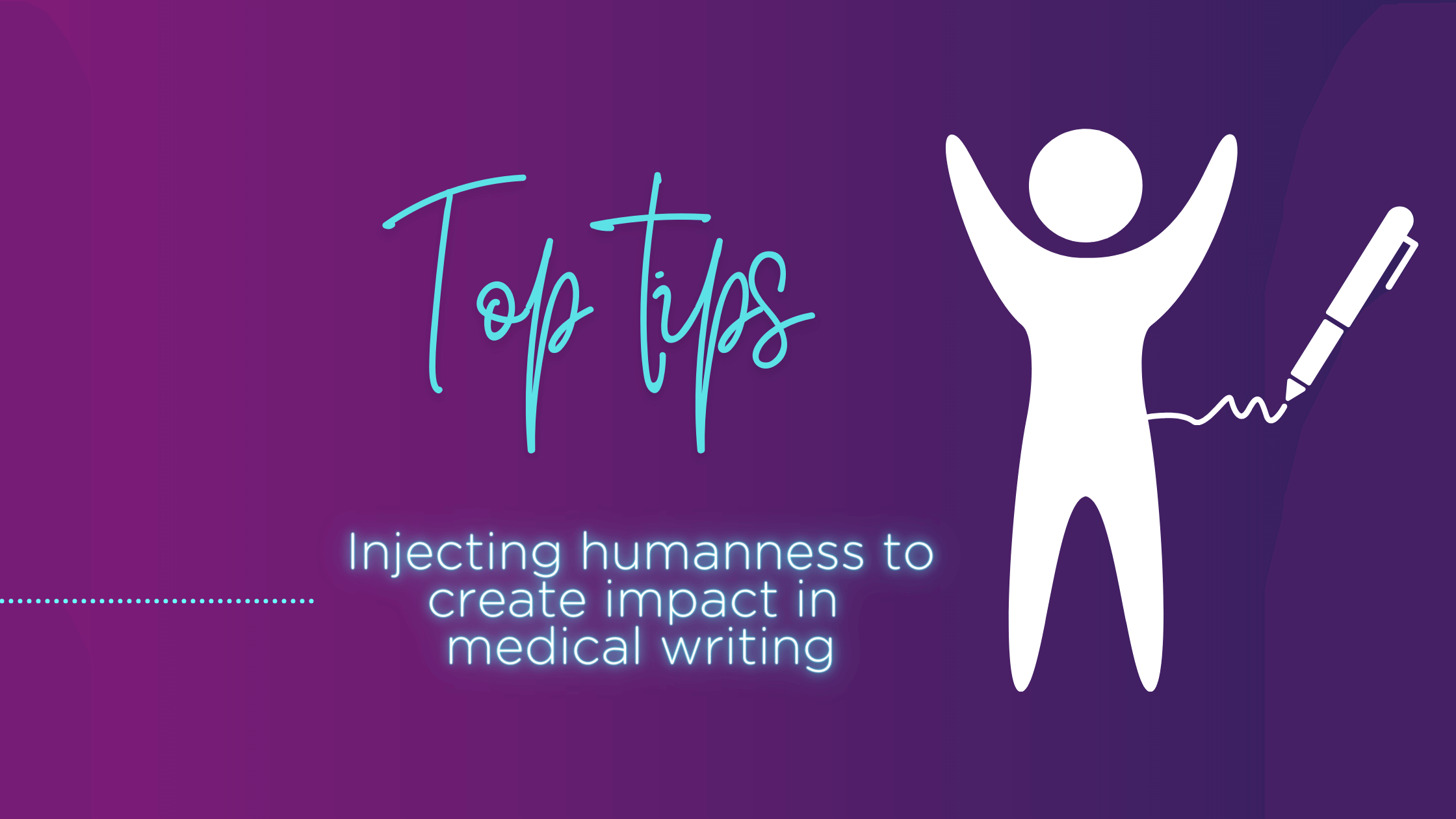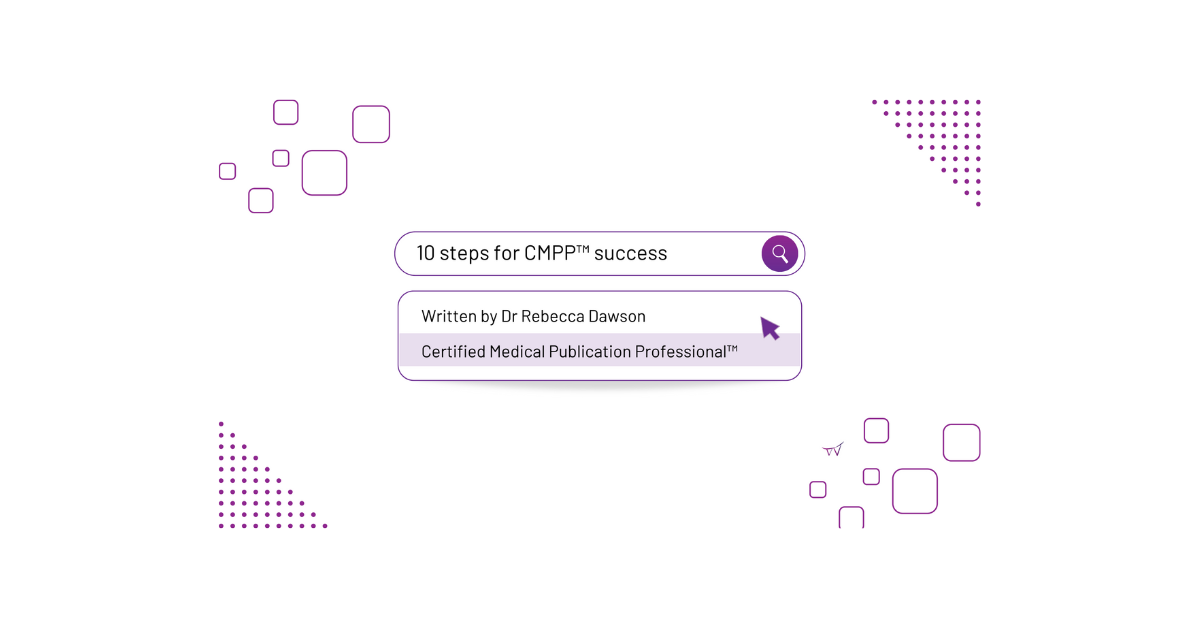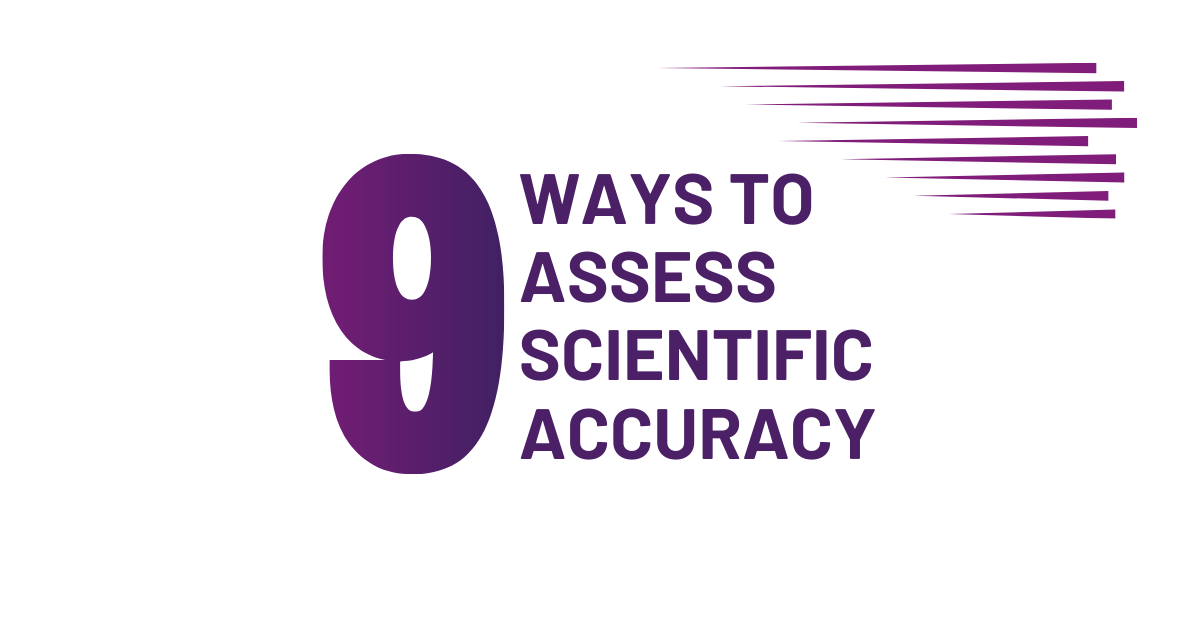How can social media listening inform medical communications?
Social media as a goldmine of information for pharma companies
You might think that social media is a normal part of our lives, with billions of people using it every day around the world. But did you know that the global user base of social media is still growing? In fact, it grew about 10% from January 2021 to January 2022.1
The healthcare space is no exception, with healthcare professionals (HCPs) using social media (including social media platforms, blogs, media-sharing sites, and even virtual reality) for networking, organisational promotion, medical education, sharing their research findings, and educating patients.1,2 Patients are also more connected to their health than ever before. They use social media to join patient groups, find information about their conditions, and seek expert advice.1
This engagement and desire for information is a unique opportunity for pharma to really listen to their audiences. What if we could gather information from these publicly available nuggets of information to understand opinions, thoughts, and sentiments about therapeutic areas, medicines, and companies? Wouldn’t that be bloomin’ amazing? And the good news is that… We can, with social media listening.
The potential for social media listening in pharma strategies
When it comes to pharma, you can become a trailblazer as this is still in the early stages of adoption. Many companies still prioritise tracking opinions through “traditional” methods, such as surveys, interviews, and interactions via medical science liaisons (MSLs). But listening to what people are saying online and building a true picture of the knowledge and perceptions could be transformative to your communications strategy.
The key here is that you can identify needs – whether they are for knowledge, perception, or emotion. Patients and HCPs share their experiences online, hoping for anyone (for you) to listen:
- Do they need more training?
- Is the treatment pathway too complex?
- Are side effects being overlooked?
- Is the burden of the disease not being addressed?
These posts do not need prompts, queries, or “tick-off” options. They are free-text, unfiltered, real-time, prime matter for you to decipher and shape into a communications strategy. You shouldn’t just listen to them, you NEED to act on them to truly understand your audience. You can identify trends, see how opinions change over time, and understand how people feel about your company compared to your competitors.
However, it can be hard to tune out the noise in a space as bustling as the digital world. So, how can you make sure you’re capturing the most relevant insights?
Read this article and discover how a social media listening strategy in pharma can be a crucial stepping stone in building an effective, insights-based medical affairs strategy.
Harnessing patient insights through a social listening strategy
In 20223 and 20234, researchers wanted to understand how social media listening could be used in evaluating the experience of patients with metastatic breast cancer and migraine, respectively. And what they found was an undiscovered trove of information – their social listening strategies revealed the real-life experiences of these patients. Researchers gathered insights on topics that truly mattered to patients (e.g. quality of life, clinical trials, organisation of healthcare, and policy). This led to a crucial point to potentially tailor a communications strategy: the need to develop training for HCPs on these topics.3,4
The study on patients with migraine also uncovered country-specific differences in symptom and treatment patterns. This helped understand the full impact of the condition and to advise future research hypotheses, tailoring them to populations across the world.4
Patients are one of the key pillars of a communications strategy – another, undoubtedly, is HCPs. Just like patients express their opinions and experience with a specific treatment or therapy area in social media, HCPs do the same. And this is where you can strike gold for your medical affairs strategy.
How can you apply a social listening strategy in your medical affairs strategy?
Let’s turn theory into practice. We recently supported the social media listening strategy of a pharma company. They wanted to find out the knowledge and awareness levels of different HCPs in their therapy area to draw insights to help plan the launch of their upcoming product.
Using Brandwatch’s social media listening and analytics tool, we collected insights from online platforms (social media, blogs, articles, and news) over different periods to track how conversations changed over time. We found important themes, the total number of mentions, and the number of unique authors. We also saw how keywords in their therapeutic area were connected and the overall sentiment behind those words (positive, negative, or neutral). Not only that, but we were able to compare the conversations among different medical specialities of interest, revealing gaps in the knowledge and awareness of key themes.
The platform also offered AI-generated insights and highlighted key posts from different social platforms, creating word clouds of trending topics. This streamlined data analysis saved us a lot of time – one of the many perks of using a social listening tool rather than performing a manual search. Importantly, we also analysed how HCPs perceived our clients in their therapeutic area compared to their key competitors.
We then collated all of these insights and delivered them to our client. This pharma company could then inform its pre-launch strategy, having a clearer picture of which education points to focus on.
Using HCP insights to drive a pre-launch strategy is just one way that social listening can power up your medical affairs content. There are plenty more: you can perform competitive analyses, identify influencers for your company, or understand your patients’ experience to inform a disease awareness campaign. It’s massively helpful, insightful, and transformative!
A step-by-step guide to setting up your pharma social media listening strategy for medical affairs teams
Did you continuously nod along to this article, thinking “my communications could benefit from social media listening”?
It might seem daunting to set up a social listening strategy, especially if you haven’t done it before. Don’t worry. We’re spilling the deets on the five main steps to set up a pharma social media listening strategy. And if you’d like to take your medical affairs strategy to the next level, simply get in touch.
1. Define what you want to know
We’re sure you’d like to know everything that HCPs and patients are discussing in your field of expertise, but take it one step at a time – figure out your most pressing questions first. These could be:
a. How much do HCPs know about my product’s mechanism of action?
b. Are patients talking about any gaps in their patient journey?
c. How do HCPs view the current treatment options in our therapeutic area?
2. Identify a suitable social listening tool
There are several tools available depending on your budget and scope. Besides Brandwatch, companies offering social listening tools include Talkwalker, Sprout Social, and Infegy.
3. Outline relevant topics, hashtags, keywords, themes, and time periods to help refine your search
Want to see the shift in perception of heart failure treatment options after your product entered the market? Use “heart failure therapies” as your primary topic, “#heartfailure” as a relevant hashtag, and the period from your launch date to the present as your timeframe. This approach will help filter any data you’re not looking for and save a load of time.
4. Analyse the data
Analysing and interpreting the data you have collected is key to creating an insight-driven strategy. Luckily, social media listening tools streamline this process. Many even provide AI-generated insights that can be organised and distilled through strategic tools to provide killer insights for your comms.
5. Translate your findings into actionable insights
This was why you wanted a social listening strategy, right? Once you’ve defined, gathered, and analysed all relevant data, think about how you can incorporate it into your medical affairs strategy. Ask yourself: what are the practical implications of the insights I have gathered? You might find gaps in knowledge, overused concepts, and patient insights that will give your medical affairs strategy an upgrade. Use them well!
Pharma social media listening at Word Monster
Social media listening is one of the many tools we’re using to take our clients’ medical affairs strategy to the next level. We listen to find real needs and identify real knowledge gaps. This means the messaging we write is insight-driven, needs-based and guaranteed to resonate with your audience.
Our clients find that ongoing support throughout all stages of a project benefits their strategy, as it ensures a continuous workflow between their team and ours. Reach out to see how we can help you turn social listening approaches into a powerful medical affairs strategy.
References
- Jeyaraman M, et al. Multifaceted Role of Social Media in Healthcare: Opportunities, Challenges, and the Need for Quality Control. Cureus. 2023;15(5):e39111.
- Ventola CL. Social media and health care professionals: benefits, risks, and best practices. P T. 2014 Jul;39(7):491–520.
- Mazza M, et al. Social Media Listening to Understand the Lived Experience of Individuals in Europe With Metastatic Breast Cancer: A Systematic Search and Content Analysis Study. Front Oncol. 2022;12:863641.
- Goadsby P, et al. Social Media Listening and Digital Profiling Study of People With Headache and Migraine: Retrospective Infodemiology Study. J Med Internet Res. 2023;25:e40461.
- The power of social listening for healthcare organizations. Available from: https://sproutsocial.com/insights/healthcare-social-listening/. Accessed January 2025.



